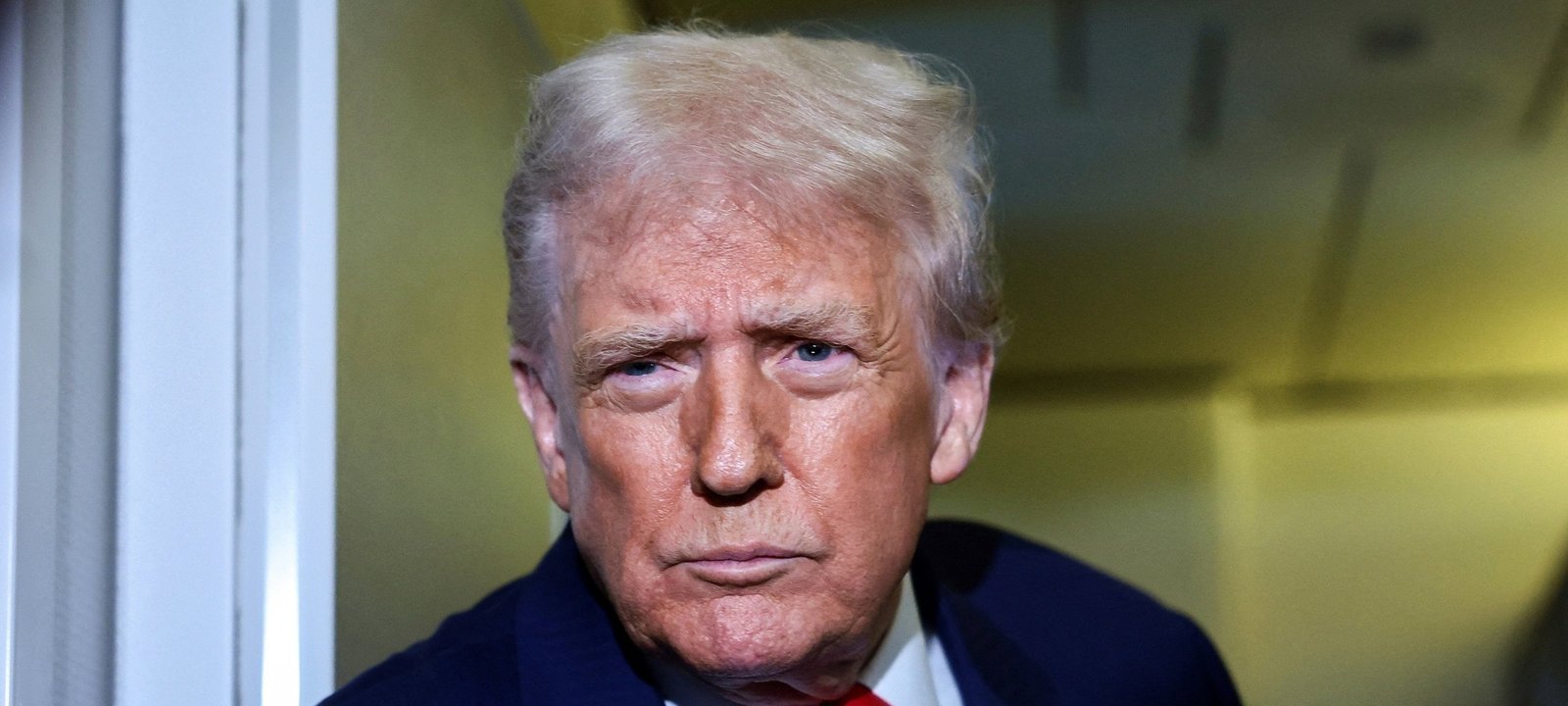Key programs in jeopardy
Without congressional action, the U.S. Department of Agriculture cannot release November SNAP allotments, leaving roughly 40 million participants without assistance for food purchases. The program’s expiration coincides with the start of the Affordable Care Act’s open-enrollment period, during which health-plan premiums are expected to jump for many Americans.
One enrollee in Norfolk, Virginia, reviewed her 2026 health-care options Thursday and discovered her monthly premium would rise from about $80 to more than $425. She indicated she will likely cancel coverage because the cost exceeds her budget, describing the situation as “really scary.” Rising premiums, combined with the threat to SNAP, have amplified concern among advocacy groups that low-income families will face compounded financial strain if the shutdown continues.
According to the U.S. Department of Agriculture, SNAP serves participants in every state, and lapsed payments could disrupt local economies that rely on grocery spending. Food banks in California and other states have already begun contingency planning, with National Guard members sorting produce in Los Angeles this week to prepare for a possible surge in demand.
Positions harden on Capitol Hill
House Minority Leader Hakeem Jeffries reiterated Thursday that Democrats are willing to meet “anytime, anyplace, anywhere” to negotiate a bipartisan agreement, but he maintained the party will not back down from its core demands. Jeffries declined to disclose whether he will accept his congressional salary on Nov. 1, noting only that each Democratic lawmaker must decide individually.
On the Senate floor, Democratic Sen. Jacky Rosen attempted to block adjournment, arguing that leaving Washington without a deal shows disregard for families who risk losing nutrition assistance and health coverage. Her objection was overridden by Republicans, prompting Rosen to declare she was “done” with what she called mounting dysfunction.
Separately, Republican Sen. Joni Ernst said she would prefer legislators stay in session until an agreement is reached but added that Democrats should take the first step to reopen agencies. Majority Leader Thune expressed hope that public pressure would intensify over the weekend and motivate both parties to seek a compromise.

Imagem: Internet
Filibuster debate resurfaces
Trump’s call to remove the filibuster revives a long-running debate over the Senate’s supermajority rule. Although some Democrats have at times advocated eliminating the filibuster, resistance from centrist members has kept the threshold intact. Trump contended that if Republicans fail to change the rule now, Democrats will do so when they regain control, framing the issue as a matter of party leverage rather than institutional tradition.
The president returned to the United States on Thursday after a trip to Asia, where he said foreign leaders questioned how the United States allowed a funding lapse. The White House has not indicated whether it will propose new terms to break the stalemate.
Next steps
Unless a stopgap bill is passed before Monday afternoon, federal nutrition assistance will be suspended, and agencies such as the Department of the Interior, the Environmental Protection Agency and portions of the Department of Homeland Security will remain closed. Nearly 800,000 federal employees have either been furloughed or are working without pay, with another payroll cycle scheduled for release next week.
While rank-and-file lawmakers from both parties continue informal talks, no formal negotiations are on the calendar. Analysts warn that prolonged inaction could widen economic fallout, particularly in rural regions and cities with large numbers of federal workers.
The Senate’s return on Monday provides the next opportunity for a procedural vote, but without a shift in strategy—or the rules—both chambers appear locked in a standoff that leaves critical programs, employees and beneficiaries in limbo.
Crédito da imagem: Reuters



